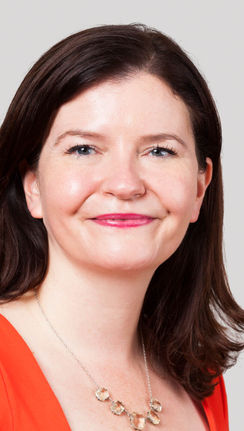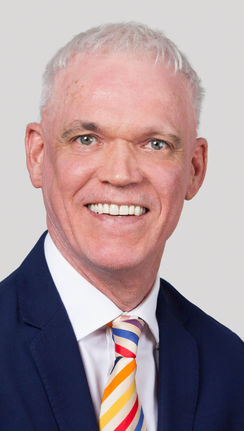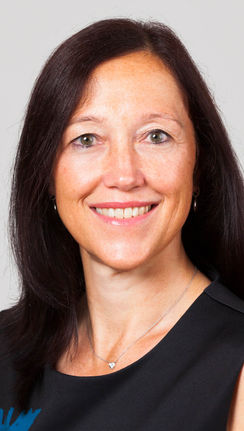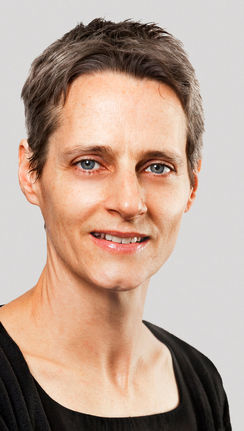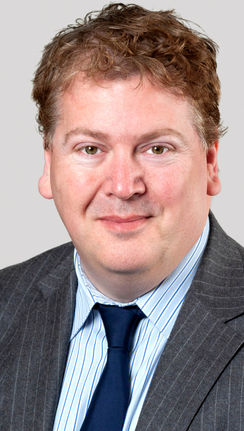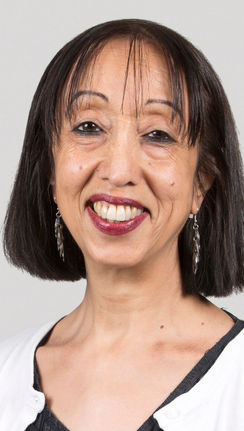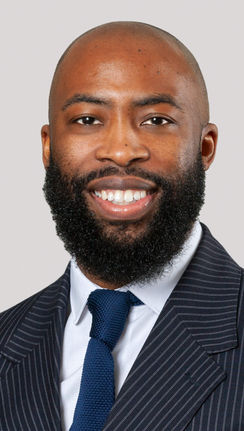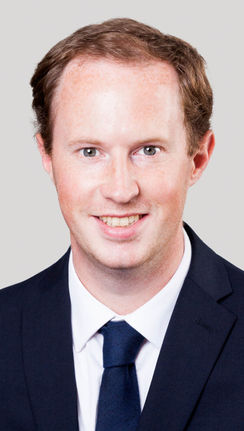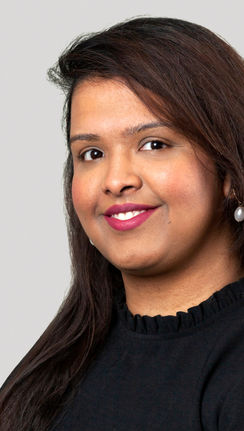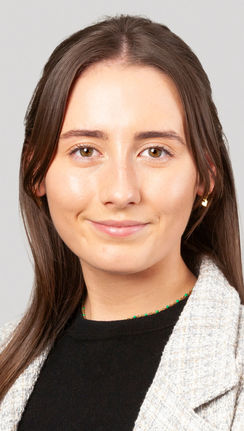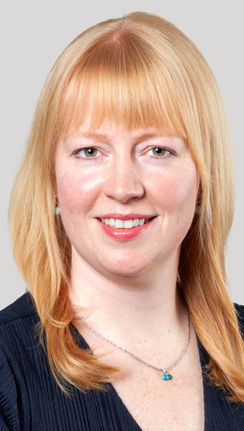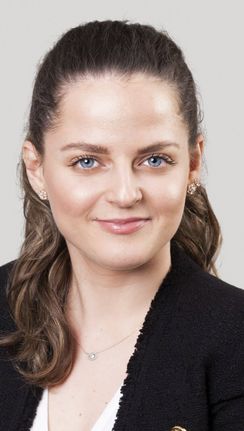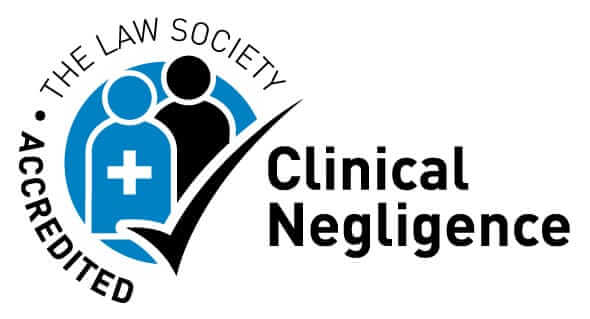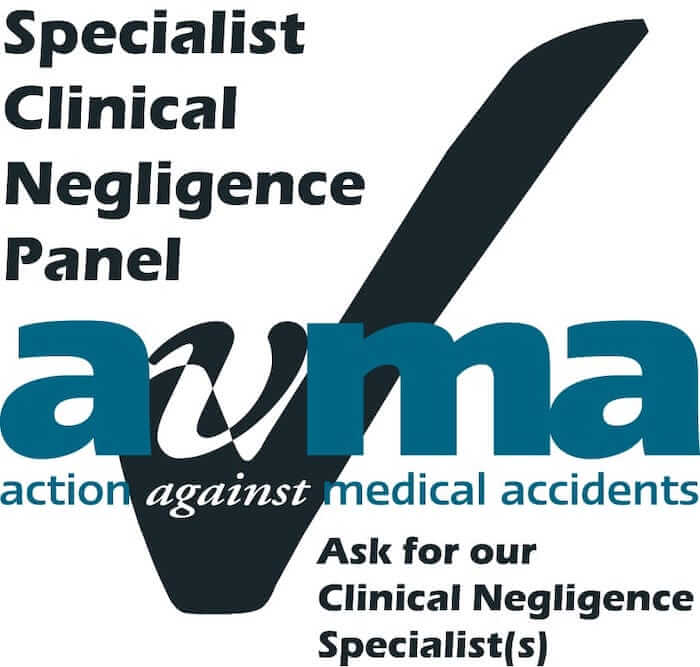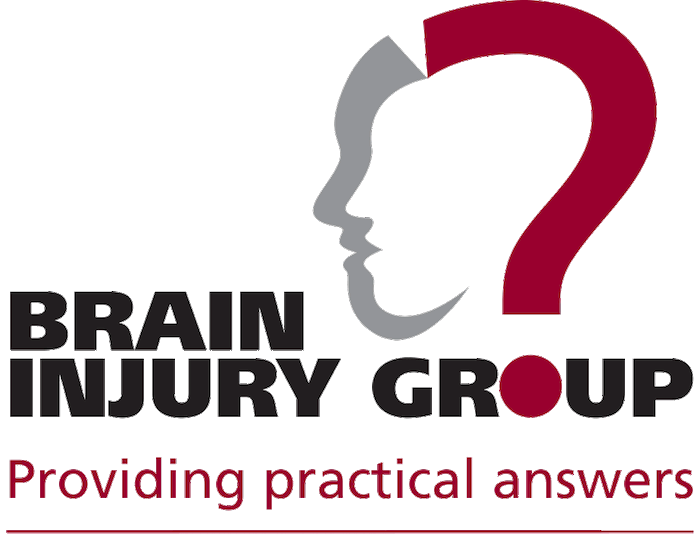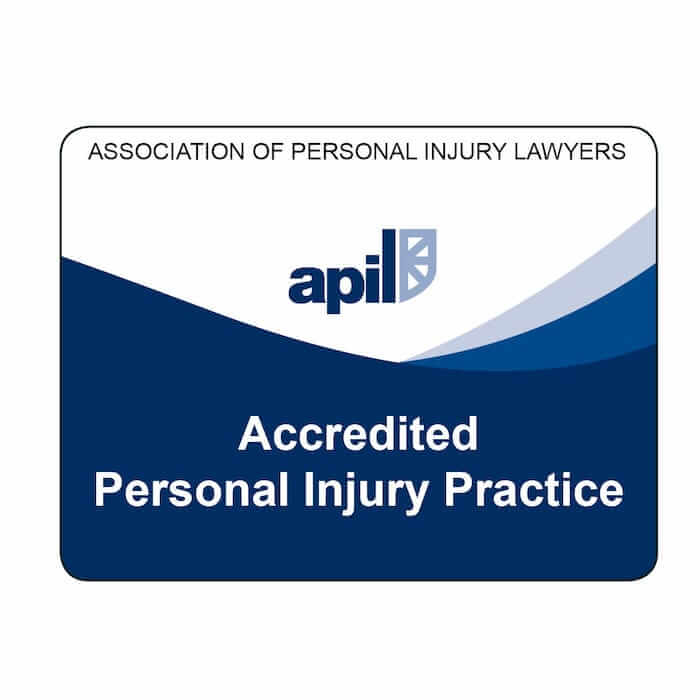Cerebral Palsy Compensation Solicitors
Having a child or family member with cerebral palsy can be life-changing. Along with increased care, there are changes to your living arrangements to consider. If your child has cerebral palsy due to medical negligence of treating midwives or doctors, you may be entitled to a compensation.
Our London-based cerebral palsy claims lawyers have extensive experience and expertise in representing families throughout the UK. They understand the complex needs a child with cerebral palsy requires.
Where possible, we will try and secure an early admission of liability which will lead to an early interim payment. This interim payment will be used to pay for care, rehabilitation, equipment and new accommodation, if required, or adapted accommodation if the family’s current home requires this.
 “Excellent team, with plenty of medical experience behind it, as well as involvement in some of the biggest cases. They are an excellent firm for individuals, and will go the extra distance for them.” – Legal 500, 2025
“Excellent team, with plenty of medical experience behind it, as well as involvement in some of the biggest cases. They are an excellent firm for individuals, and will go the extra distance for them.” – Legal 500, 2025
 The team has been ranked in the Chambers & Partners 2025 legal directory. “Hodge Jones and Allen work incredibly diligently to get the outcomes their cases require and show serious commitment to the social justice outcomes of their work.”
The team has been ranked in the Chambers & Partners 2025 legal directory. “Hodge Jones and Allen work incredibly diligently to get the outcomes their cases require and show serious commitment to the social justice outcomes of their work.”
Call our specialist cerebral palsy claims team on the number below, or request a call back.
0330 822 3451What is cerebral palsy?
Cerebral palsy is a condition that can result from a baby being starved of oxygen during birth. A lack of enough oxygen causes damage to the brain and may result in the baby having permanent physical or intellectual (often both) disabilities. Currently, it is thought that around 20% of cerebral palsy cases result from poor management during the delivery period.
Often doctors might refer to a new born baby’s brain injury as Hypoxic Ischemic Encephalopathy (HIE).
Cerebral palsy injuries are devastating, and impact not only the child but also the parents and the rest of the family. Living with/caring for a child with a brain injury can be very challenging especially when the child needs 24-hour care, specialist accommodation, equipment and essential therapies. Securing funds to pay for the best level of care after traumatic birth injuries is vital to help rebuild lives.
"My son and I received a first class service at Hodge Jones & Allen. All the staff were helpful and professional. Emma was exceptionally supportive throughout the years. It was a very difficult and complicated case. I am grateful she did not give up on us when it looked hopeless. You guys have changed our lives for better. Thank you very much."
How do we investigate cerebral palsy claims?
We will obtain the medical records for the mother and baby. We will assess these in-house – we are fortunate in that many of our solicitors are also medically qualified.
If we think the case has prospects of success then we will take a detailed statement from you and any other witnesses who may have been present at the birth.
We will then instruct experts to assess the claim.
The types of experts required vary from case to case, but usually the disciplines of experts might be:
- An expert obstetrician/gynaecologist
- An expert in midwifery
- A neonatologist
- A neuro-radiologist
Expert reports will establish if there is a case that can be pursued.
Funding of Cerebral Palsy claims
The majority of our cerebral palsy cases are funded by Legal Aid.
The rest of our cases work on a no win, no fee basis, meaning you only have to pay us for our help if your claim is successful.
"They are extremely professional but always personable and made the whole process much easier, minimising stress and uncertainty," Chambers UK, 2021
Who pays the compensation?
This depends on who the Defendant is.
NHS claims – The NHS is self-insuring. All compensation payments made by the NHS is paid from Government funds from a budget managed by the National Health Service Litigation Authority (NHSLA). The NHSLA employs a panel of approved solicitors who represent NHS Trusts.
Claims against private doctors – A doctor or medical professional working in the private sector is not covered by the National Health Service Litigation Authority scheme. They arrange their own insurance with specialist private insurance companies. The usual insurers are the Medical Defence Union (MDU), the Medical Protection Society (MPS) or the Medical and Dental Defence Union of Scotland (MDDUS). These organisations are funded by premiums paid by their members.
Claims against General Practitioners – GPs are not covered by the National Health Service Litigation Authority scheme. They arrange their own insurance with specialist private insurance companies. The usual insurers are the Medical Defence Union (MDU), the Medical Protection Society (MPS) or the Medical and Dental Defence Union of Scotland (MDDUS). These organisations are funded by premiums paid by their members.
Claims against Dentists – again, dentists are not covered by the National Health Service Litigation Authority scheme. They arrange their own insurance with specialist private insurance companies. The usual insurers that we deal with are the Dental Defence Union (DDU), Dental Protection (a subsidiary of the Medical Protection Society) the Medical and Dental Defence Union of Scotland (MDDUS). These organisations are funded by premiums paid by their members.
What can I claim compensation for?
In a clinical negligence case you would be entitled to claim for two types of compensation:
- General Damages: for the pain, suffering and loss of amenity caused by the injury itself.
General damages are calculated by reference to a publication called the Judicial College Guidelines (formerly the Judicial Studies Board Guidelines). These Guidelines are designed to provide a clear framework for the assessment of damages in medical negligence cases. These guidelines are well known by the Claimant and the Defendant’s solicitors and if a case goes to trial the Judge will use these guidelines to calculate the appropriate award for General Damages.
In addition, another publication called Kemp and Kemp lists many different types of cases that have settled out of court or that have been decided at trial. This textbook is several hundred pages and is constantly updated.
By reference to the JC Guidelines and Kemp the solicitors at Hodge Jones Allen can calculate the value of the General Damages Claim.
- Special Damages: Special Damages are the damages awarded for any past or future financial loss. These are individually calculated for each case. There is no textbook or guide for this part of the Claim. It is entirely dependent on the circumstances of the Claimant.
Special damages claim will comprise of:
Loss of earnings / Loss of promotion prospects – for unpaid time off work in the past or for loss of promotion prospects in the future. If a claimant has been seriously injured and cannot return to work then a clam will be made for future loss of earnings.
Past Care and Future Care needs – a claim can be made for the unpaid (gratuitous) care provided by family members. We will take details of who has looked after the Claimant and calculate how many hours care has been provided. In significant cases we will obtain expert evidence on the care required. The specialist experts we employ to asses our clients are very experienced and will carefully assess the level of care an injured Claimant has needed/ will require. This is often a very substantial part of the claim in serious injury cases. In some cases over 50% of the total value of the claim might relate to future care needs.
Aids and equipment – if aids and equipment are required then this will be assessed by an expert Occupational Therapist that we will arrange to meet with you.
Future medical treatment – we will always ask our appointed medical experts if further treatment is needed as a result of the negligent injury. If treatment is required then a Claimant is entitled to claim for this on a private paying basis – injured Claimants do not have to rely on the NHS.
Prosthetics – amputees are entitled to claim for the costs of prosthetic in the private. It is generally accepted that it is not reasonable to expect a claimant to rely on NHS prosthetics only.
Pension loss – if a medical accident has forced a claimant to leave their job then it will be necessary to calculate their pension loss. This can sometimes be quite complex and may require an accountancy expert.
Past/Future DIY and gardening – if a claimant’s injuries prevent them from undertaking household tasks then a claim can be made for employing people to carry out those tasks.
Interest – interest is also claimed on all past losses
It can be difficult to advise at the outset as to the amount of compensation you may obtain if your case is successful as this will depend on the particular circumstances of your case, and expert evidence may be required. As your case progresses your solicitor will be able to give you a more accurate estimate of what your case is likely to be worth.





